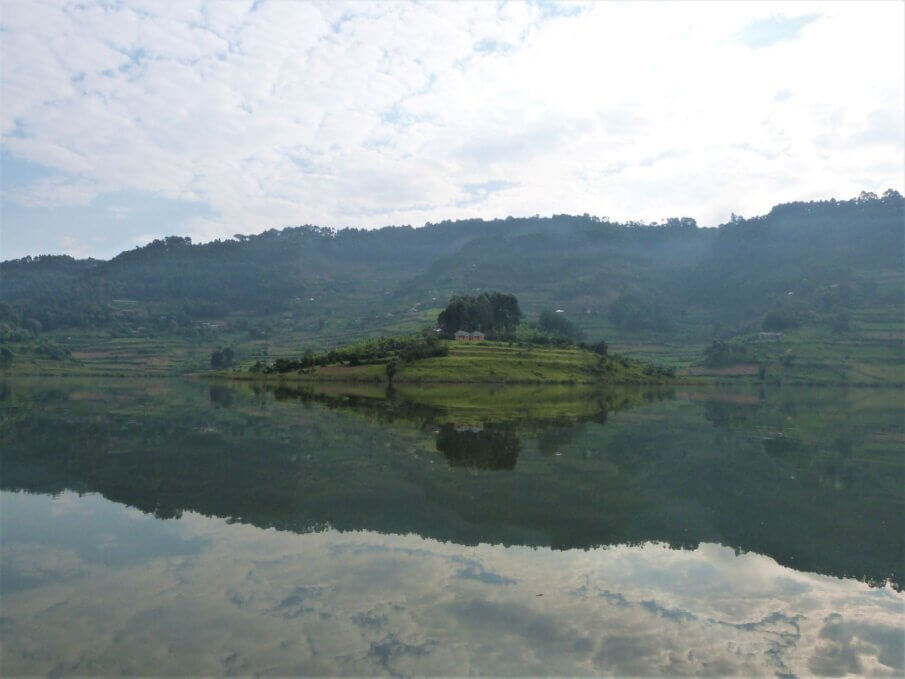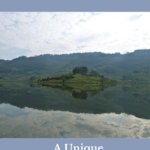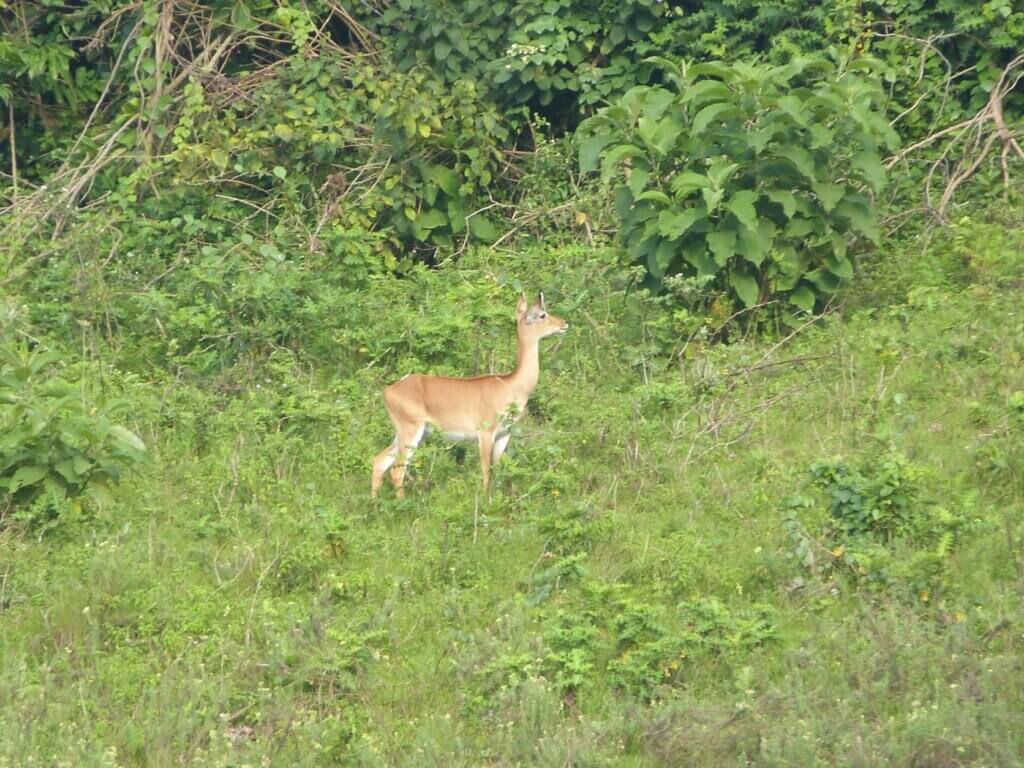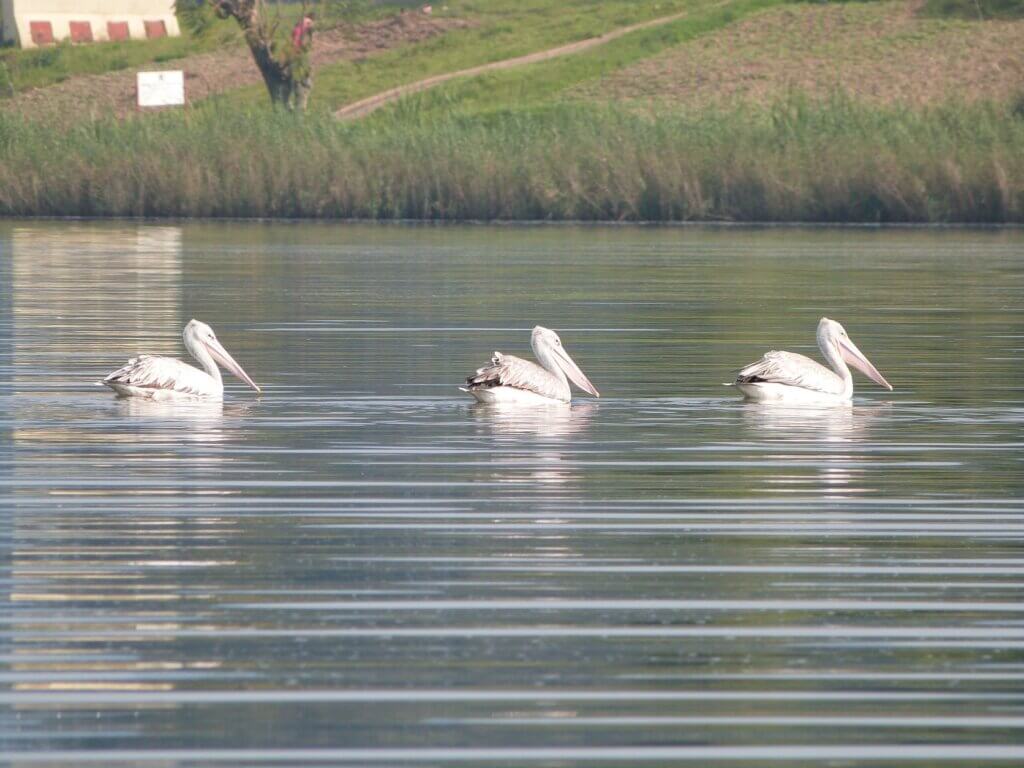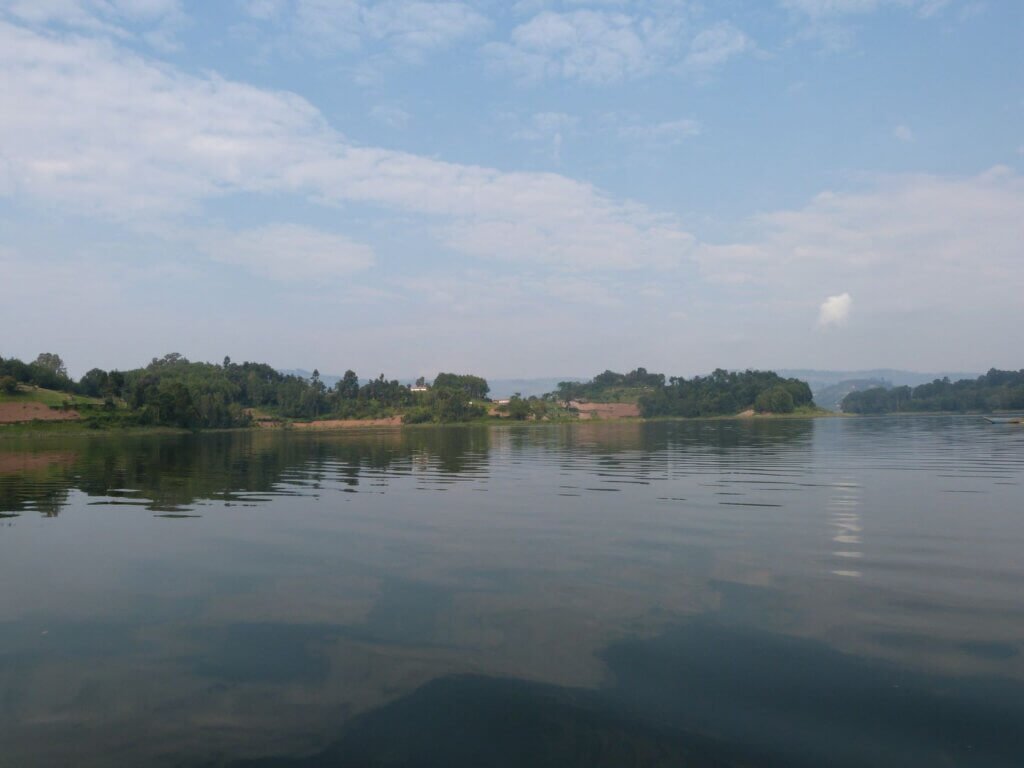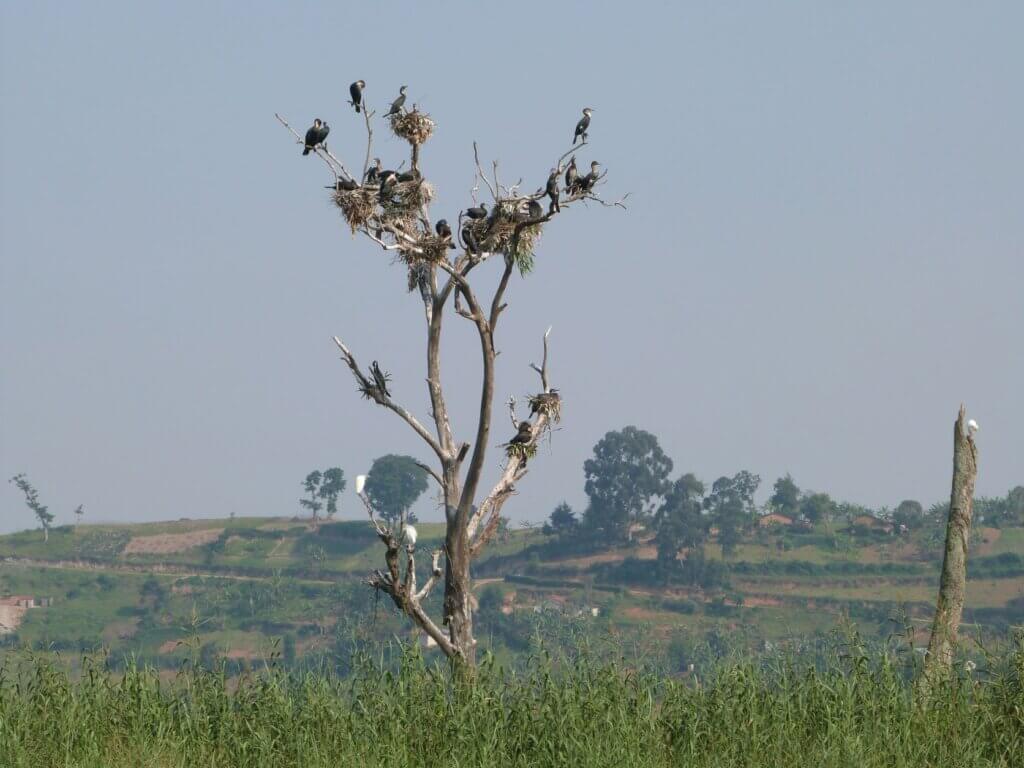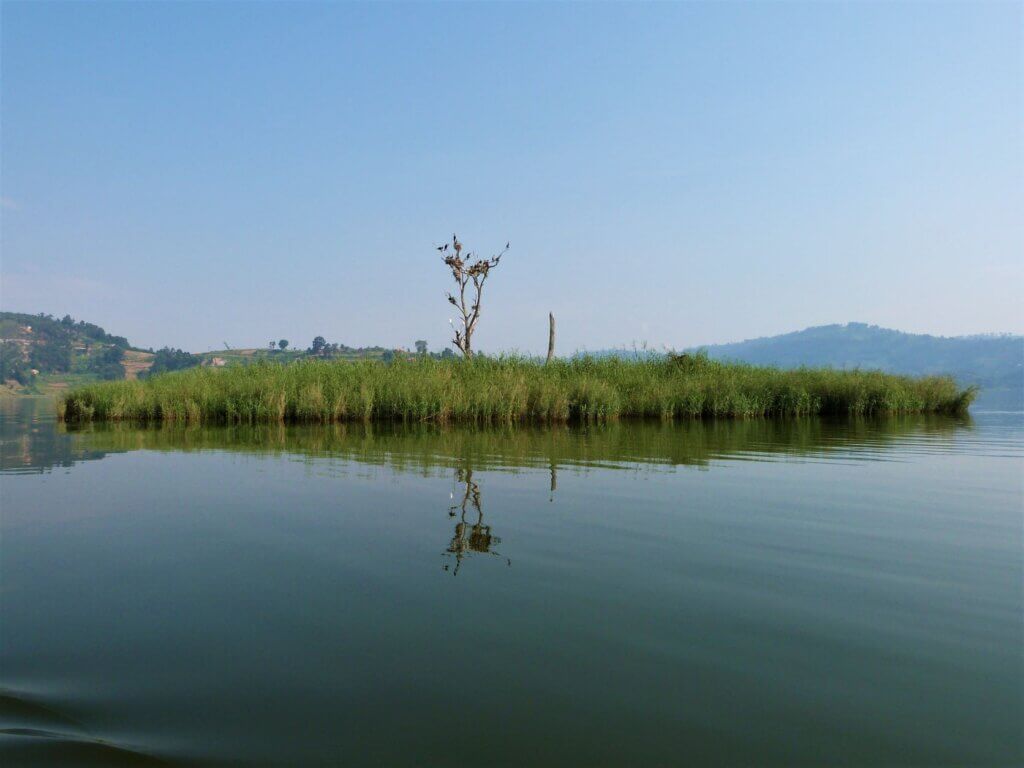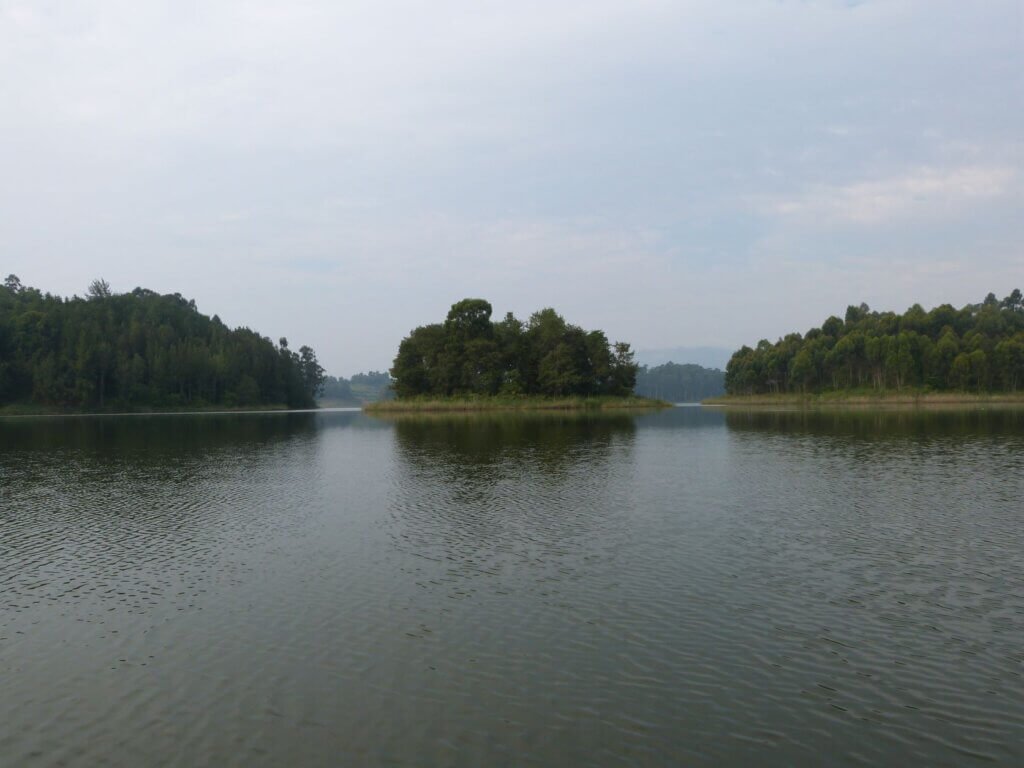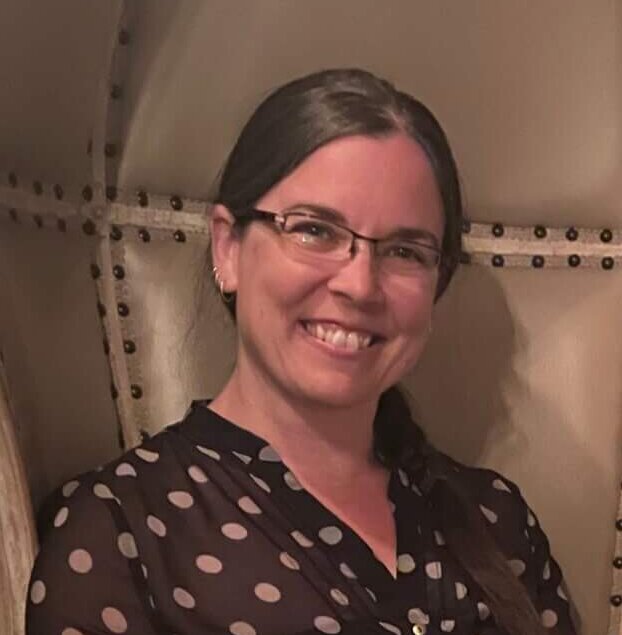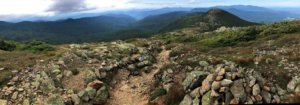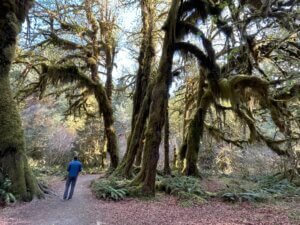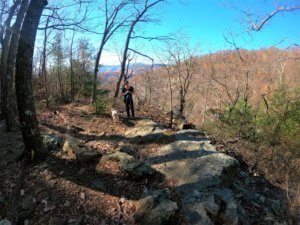Lake Bunyonyi, known for its green and lush terraced hills is located in the southwestern part of Uganda. Translated Bunyonyi means “place of many little birds.” Over 200 species to be exact. That alone should pique your interest in visiting.
It is the second deepest lake in Africa, and third deepest in the world, with the deepest area said to be 900m and consists of 29 islands. Each island with its own history and story to tell.
Getting there
The funny thing about Uganda is many of the roads have no names and the other thing is they are pretty terrible. It is recommended that you go with a guide or have someone drive you there.
If you are bent set on getting there on your own Lake Bunyonyi is located in the southwest, north of Kabale district and 466km from Kampala, the capital of Uganda.
Where to Stay
There are a couple resorts located around the lake with something for everyone.
Lake Bunyonyi Eco Resort
Address: Kyahugye Island, Lake Bunyonyi, Kabale, Western, Uganda
Phone: +256 41 4372067
Mobile: +256 776 280344
Located on Kyahugye Island, this island is home to a variety of Ugandan wildlife. They do not originate on this island. The owner had them brought to the island for the guests. So, you can enjoy zebras, impalas, and of course the multitude of birds that call this area home.
A picturesque getaway of 10 cottages, it’s the perfect place to unwind and just enjoy the terraced views of the other nearby islands.
Bunyonyi Safaris Resort (where I stayed)
Address: Kabale-Kachwekano, Kabale, Uganda
Phone: +256 751 199341
When I arrived, it was not only Ugandan Independence Day but also the anniversary of the hotel. This means, one big party.
The hotel sits right on the lake, where you can take a ride to the neighboring islands, sit in the outdoor pools overlooking the lake, or go for a swim in the lake itself.
The original owner died before the hotel got off the ground, leaving it to his wife. His wife, worked in the rock quarries and said she had loved her job but felt she needed to keep her husbands dream alive.
It wasn’t easy but she grew to develop a deep love and passion for the hotel, and it has been thriving under her care ever since.
The hotel is quite beautiful, and the staff are very attentive, bringing you tea while you wait and making sure you are well taken care of. Something I saw often in Uganda.
How to see Lake Bunyonyi
On Foot
Take a walk around the outskirts of the lake, taking in the islands from a variety of viewpoints. You can also enjoy the small town area, where people living on the islands come to sell their goods.
If you catch a market day you might be able to buy some fresh, locally grown, organic goods.
How do I know its organic? I posed the question to my tour guide, and he said it is frowned upon to use pesticides and unnatural fertilizers in Uganda to grow their crops. That the people of Uganda will not buy these treated goods. I can’t say I blame them.
Lake Bunyoni by boat
This is one of the best ways to see the islands in all their glory. You can take a traditional canoe, either guided or alone, or you can take a tour on a motorized boat.
These motorized boats are also used to transport the kids to and from school on Bwama and Njuyeera island. So, your fee and tip helps kids have free transportation to and from school.
My boat driver was a wealth of knowledge about the history of the islands and the 200+ species of birds. You can see the pride in the way he talked about his home and the ways climate change has impacted the area.
The people of Lake Bunyonyi
Two tribes live around Lake Bunyonyi, the Bakiga and the Batwa people. The Batwa are especially notable because they were introduced to the area after being evicted from Bwindi Impenetrable National Park and Mgahinga Gorilla National Park.
The Batwa people changed the landscape of the area, continuing to practice their traditions and keep their culture thriving in this new place. They were considered the first people to live in Bwindi and were also known as the Batwa pygmies.
Their lives in Bwindi consisted of living, hunting, and gathering within the confines of Bwindi Impenetrable Forest.
Those that were pushed to the outskirts of the forest initially did not thrive. But those that were moved to Lake Bunyonyi were given the opportunity to continue to live in a way that kept their culture and traditions intact.
Notable Islands
Bwama and Njuyeera Islands
This island has a fascinating history. In 1921, Dr. Sharp founded a leprosy hospital on Bwama. He also built a church and a school on that island, while his family made their home on Njuyeera island.
By 1948, Bwama had 1,000 residents. Once the leprosy hospital was no longer needed the island was still maintained and the school continued to run. Now, daily, workers and children are shuttled from the surrounding islands and area to Bwama by boat.
Akampene (Punishment Island)
I could not help but stare in horror as I listened to the history of this island. As you approach the island there is a sense of dread that settles in your stomach. The island is covered in grasses with a large dead tree in the center covered in nests of cormorants.
Akampene, or Punishment Island as it is best known, was the place where families who discovered their daughters had sex before marriage were abandoned to die of starvation.
If a young woman fell in love with a man and they had sex out of wedlock, and she was found to be with child it was a sin, and she was shunned. Nothing happened to the man, just her.
This practice, thankfully, no longer occurs, and women have more rights, but this island is so full of sadness. It was heartbreaking to look at.
Concluding Thoughts
Lake Bunyonyi is such a unique and special place. Perfect for bird lovers, Lake Bunyonyi should be on your bucket lists for its stark beauty and steeped history.
If you are visiting Uganda, make sure to add this to your top things to do in Uganda, second only to gorilla trekking.
